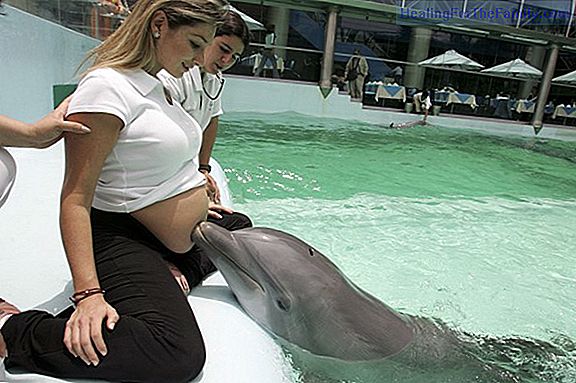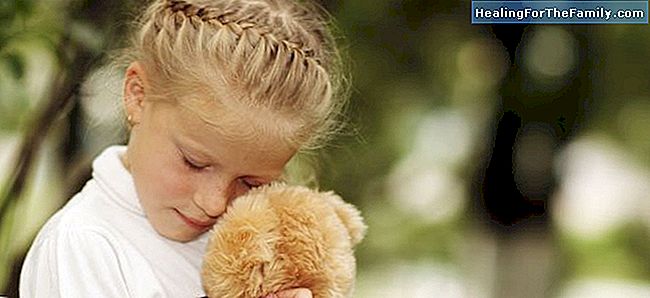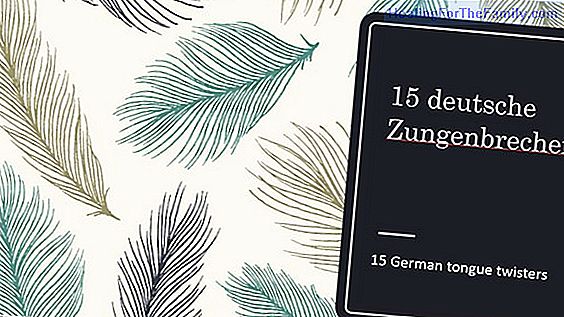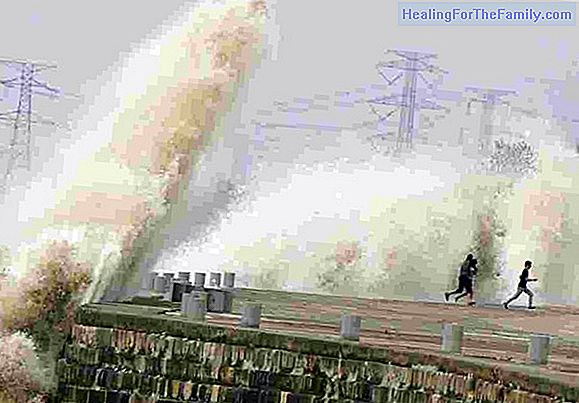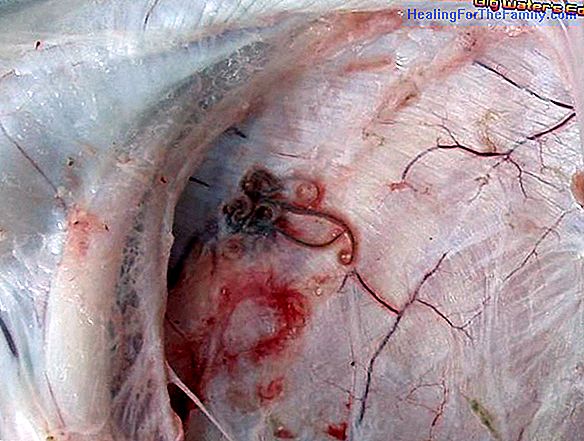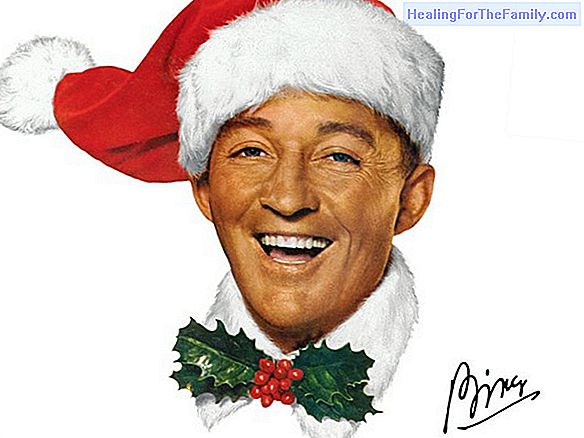Pollen allergy in children
Pollen allergies are the most common in children and young people. They make their appearance in the spring and summer months, usually, when the plants bloom and release the pollen grains that cause the reaction. In this type of allergy the winter area and climate greatly influence. If one year the
Pollen allergies are the most common in children and young people. They make their appearance in the spring and summer months, usually, when the plants bloom and release the pollen grains that cause the reaction. In this type of allergy the winter area and climate greatly influence. If one year the cold months have been wet and rainy, the number of plants and the
amount of pollen will increase, so spring will be hard for allergy sufferers.Symptoms and diagnosis of pollen allergy
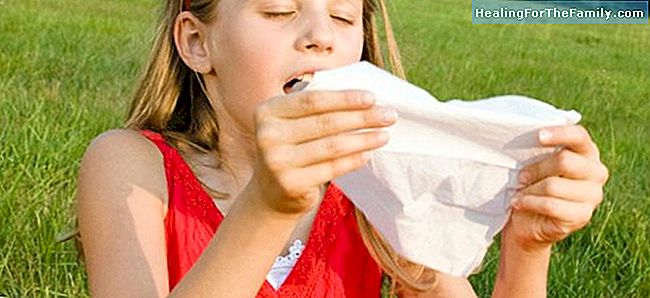
The symptoms of this type of allergy are varied. The most normal thing is that it produces a runny nose and stinging in the nose accompanied by sneezing and tearing. In the most severe cases, conjunctivitis and bronchial asthma or respiratory distress may occur.
To know if the child is allergic to pollen, it is best to perform skin tests. Simply consist of inoculating on the skin different types of pollen and observe which produce the reaction.
How to prevent pollen allergy in childhood The best prevention measure is to avoid exposure to pollen. As preventive measures experts recommend: - Avoid going out to the street or field, especially if it is a hot day or windy, circumstances in which the amount of pollen increases.
- Close the windows of the bedroom and the car especially between one and eight in the morning, which is when the amount of pollen in the air is higher.
- Use air conditioning systems that reduce pollen particles. - Do not hang clothes outside to dry. - Do not stay in closed places.
- Avoid irritants known as tobacco smoke, gasoline, atomizers etc ...
- Proper hygiene of the nasal passages with the use of physiological saline or isotonic sea water.
The most common treatment is taking
antihistamines
and nasal decongestants. There are also vaccines that seek to reduce the symptoms of this allergy.
Patricia García
. Editor Guiainfantil.com

